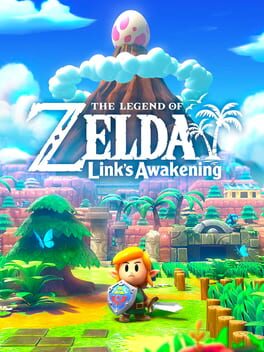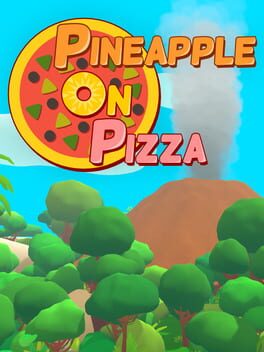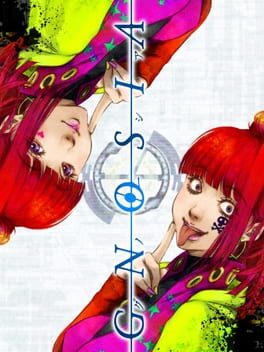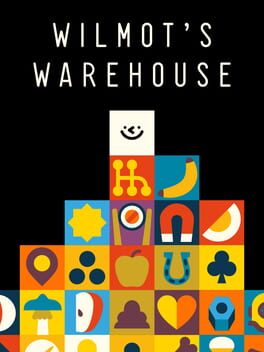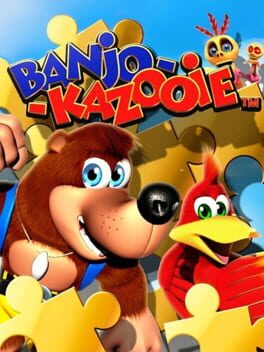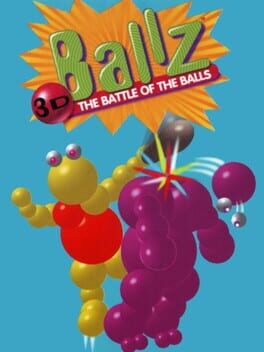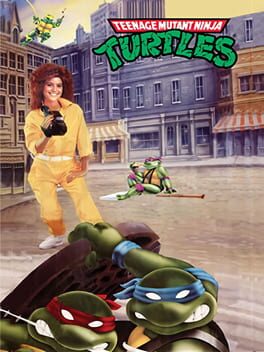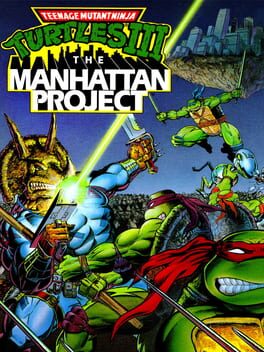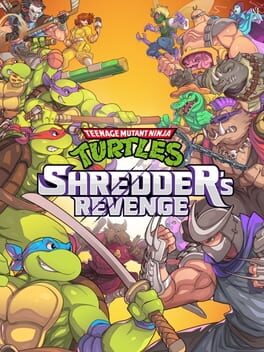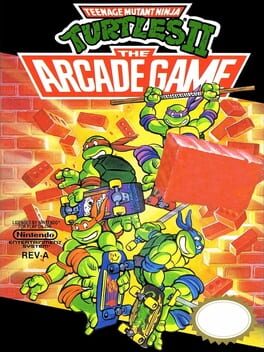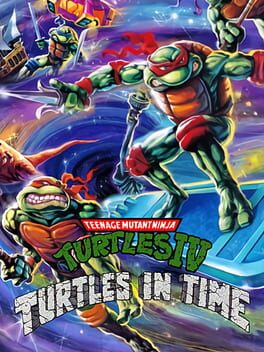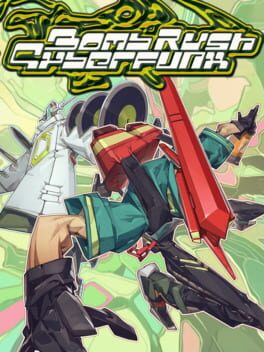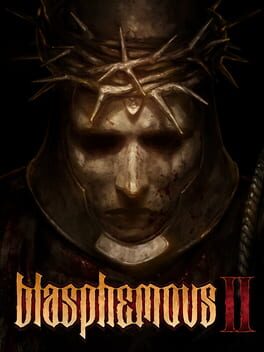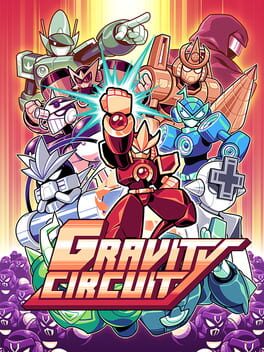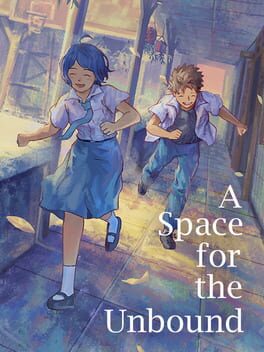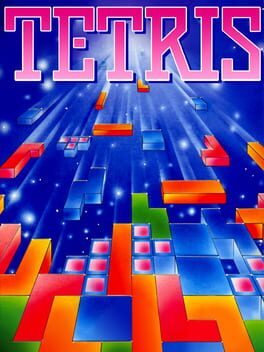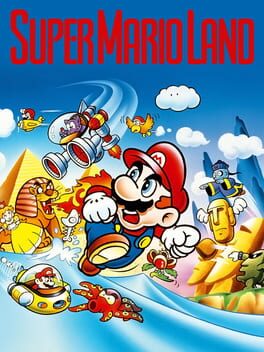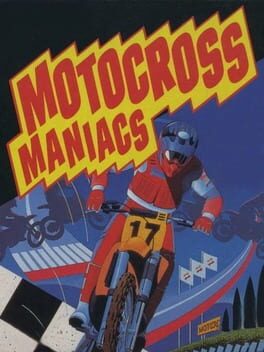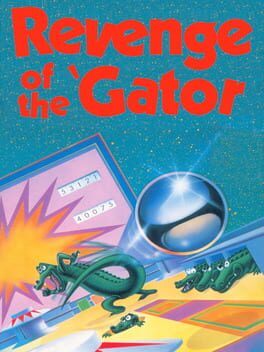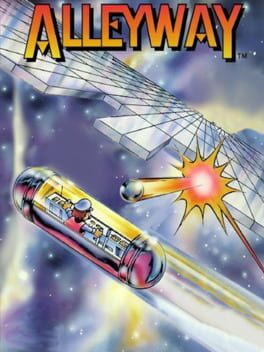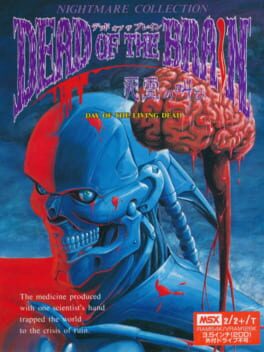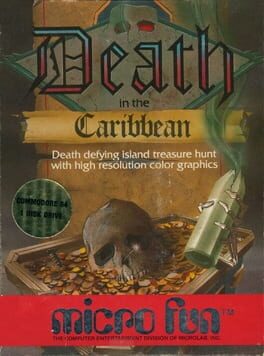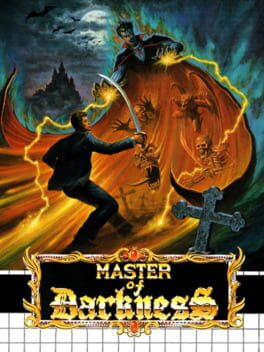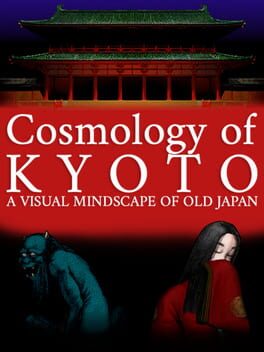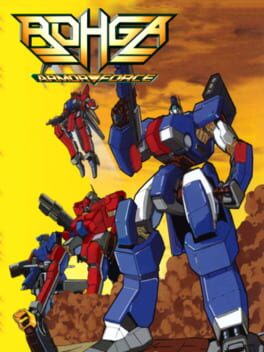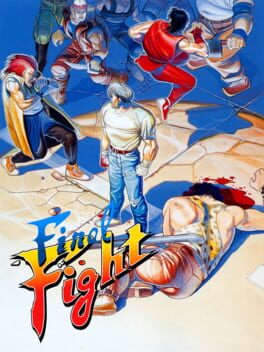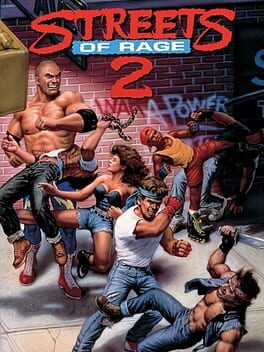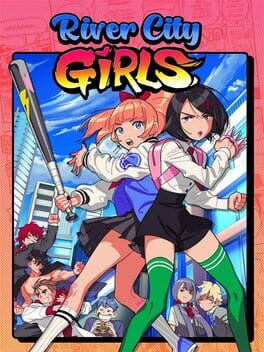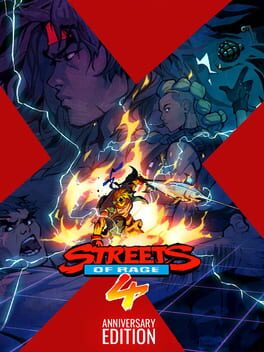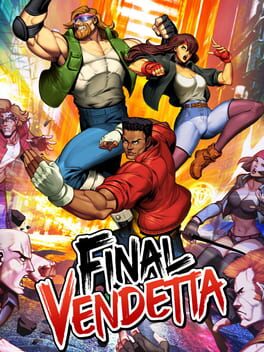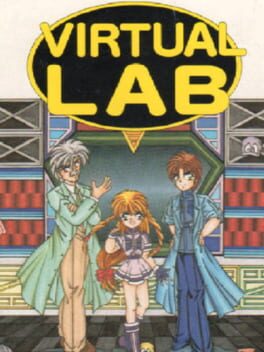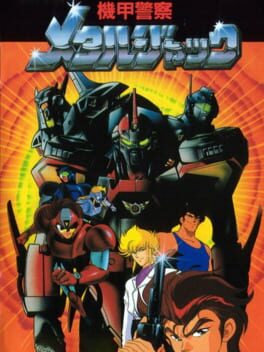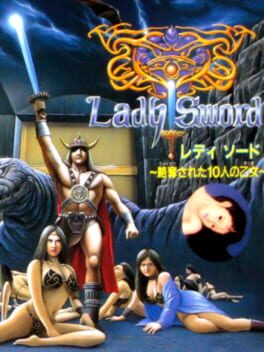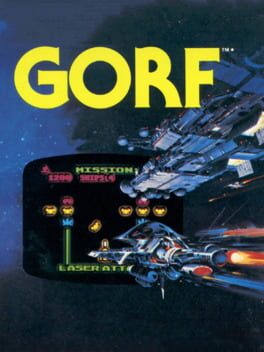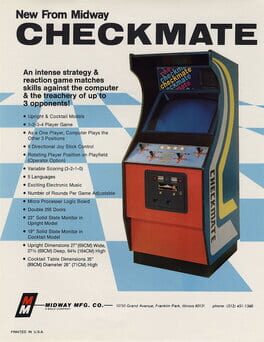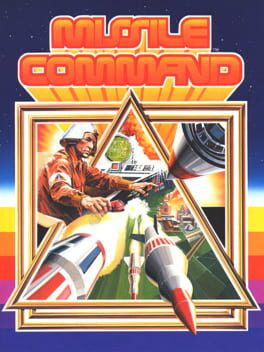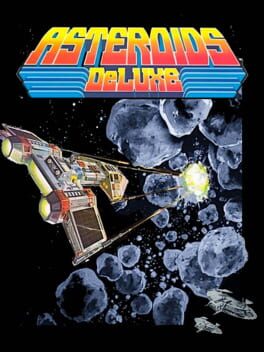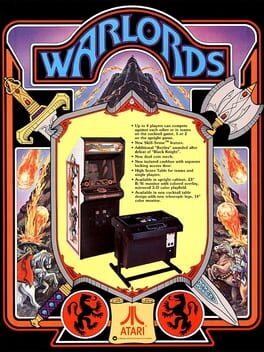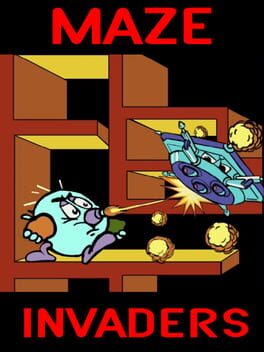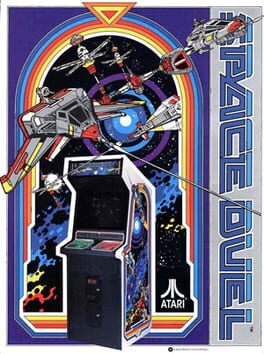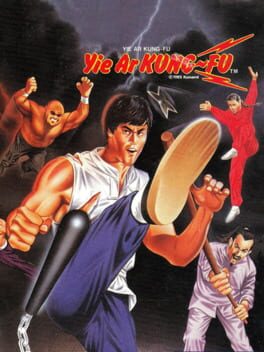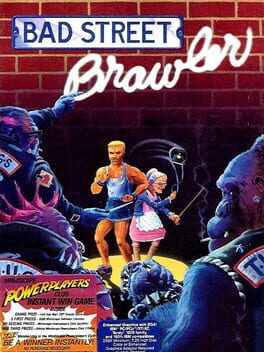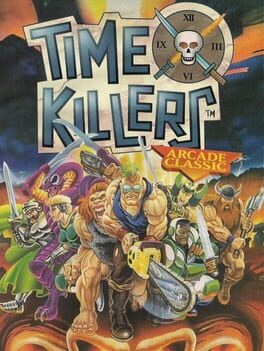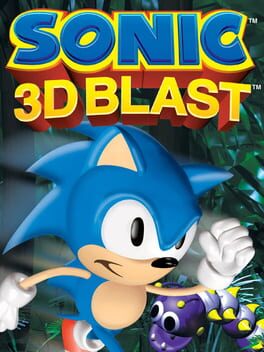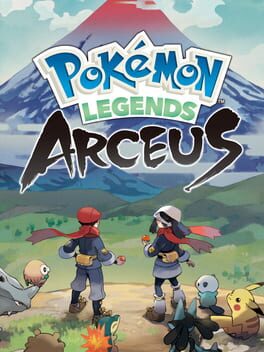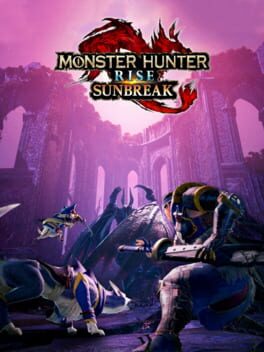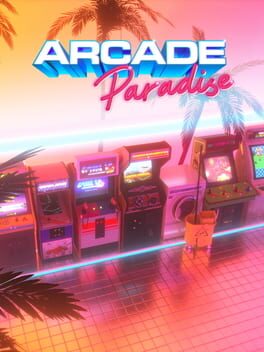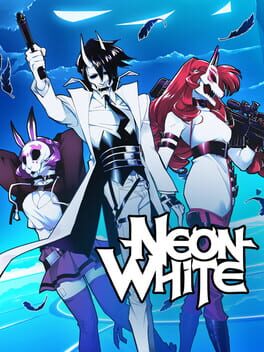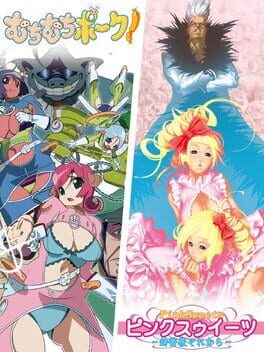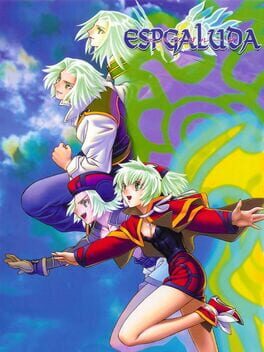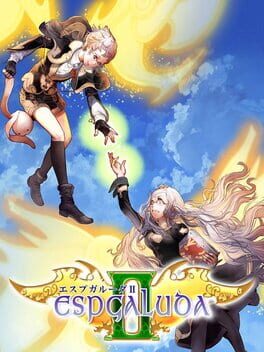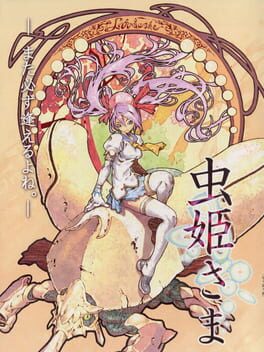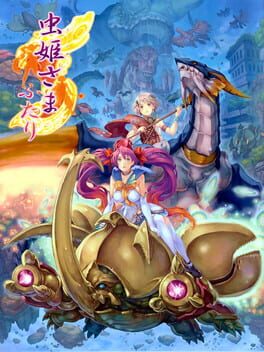tizaster
39 reviews liked by tizaster
The more of this I play, the more I realize this is an un-reviewable video game.
The emotional equivalent of the coolest, nicest, hottest people you know asking you to help them move and paying you with pizza. Rebirth has some of the most satisfying real time RPG combat with one of the best ensembles in video game history-- all shoved into a bizarrely designed approximation of a "modern" open-world game.
Reflecting on FF7's world map, the openness was more of a feeling than literal design. It wasn't until you got the Highwind near the finale of the original game that you could actually go anywhere you wanted.
Rebirth, ironically, is best when it's on the rails. There are some fun side quests here and there, but there is so much fluff that it genuinely feels like half of the world map activities were designed out of spite.
Ultimately, I am such an unabashed FF7 fan that even if part three is complete garbage, I will still be grateful that this remake trilogy exists. The characters all feel like fully realized versions of themselves, and there are moments of Rebirth that are high points for Final Fantasy overall. It's just a shame that somewhere within Square Enix they felt that a 10/10 story-driven linear action game needed to be shoved into another genre that doesn't feel built around Rebirth's strengths.
The emotional equivalent of the coolest, nicest, hottest people you know asking you to help them move and paying you with pizza. Rebirth has some of the most satisfying real time RPG combat with one of the best ensembles in video game history-- all shoved into a bizarrely designed approximation of a "modern" open-world game.
Reflecting on FF7's world map, the openness was more of a feeling than literal design. It wasn't until you got the Highwind near the finale of the original game that you could actually go anywhere you wanted.
Rebirth, ironically, is best when it's on the rails. There are some fun side quests here and there, but there is so much fluff that it genuinely feels like half of the world map activities were designed out of spite.
Ultimately, I am such an unabashed FF7 fan that even if part three is complete garbage, I will still be grateful that this remake trilogy exists. The characters all feel like fully realized versions of themselves, and there are moments of Rebirth that are high points for Final Fantasy overall. It's just a shame that somewhere within Square Enix they felt that a 10/10 story-driven linear action game needed to be shoved into another genre that doesn't feel built around Rebirth's strengths.
Starfield
2023
Final Fantasy XVI
2023
This review is for Oscar. I liked the game, okay? It was fun to play and the story wasn’t completely convoluted and/or full of dumb words like pulse l’cie and fal’cie which is something I can really get behind. The active time lore thing is super cool (other story-heavy video games please take note).
I was happy to see that the women in this one weren’t “big booby lol” like ff15 and I had some hope in the beginning but they still managed to fuck it up. I mean, cool, thanks for giving them clothes this time and I don’t mean to be GREEDY but please can you please just please figure out women? I will help you, devs. Just write the part for a man and then give the man a softer face and some tits (but they don’t have to be huge - keep them proportionate to her body. and make sure to keep her clothes on). Done.
I was happy to see that the women in this one weren’t “big booby lol” like ff15 and I had some hope in the beginning but they still managed to fuck it up. I mean, cool, thanks for giving them clothes this time and I don’t mean to be GREEDY but please can you please just please figure out women? I will help you, devs. Just write the part for a man and then give the man a softer face and some tits (but they don’t have to be huge - keep them proportionate to her body. and make sure to keep her clothes on). Done.
I am not good at being eloquent to put it bluntly for a shmup this kind of lands around where the 1945 strikers and Raiden Fighters Aces/Jet games were doing theme wise, though not a fraction as hectic or intense as either of those (or probably as good in general for that matter) But I give this game a higher score because this has one of the best ost's i have heard out no where in a while. Its very chill and laid back jazzy, sort of in the vein of the more chilled out/island vibe tracks on the Chrono Cross or Suikoden III ost (while obviously not being as in depth or as varied as those games in that department) Its on a wavelength almost slightly inappropriate to the genre? It might take you out of that head space that you want to get into to 1CC game? At least it does for me! Oh well, that was a really nice surprise for me with the game.
I have a frustrated love for the Zelda series. Perhaps I love what it COULD be rather than what it is, and the gulf between the two creates discontent.
Unfair? Maybe. In any case, this remake is a mostly enjoyable return to the first portable Zelda title, but each tweak to the original is a two-edged sword, e.g.:
- The plasticine environment successfully demarcates the dream world from the “real” world of the animated cutscenes, yet its misleading veneer of cuteness clashes with its existential theme. "But the original Gameboy graphics were cute too!" you might protest. A little, yes, but more by limitation than design. The dot eyes and simple shapes were necessary due to tiny screens and monochrome palettes, but in the remake they're retained out of unthinking reverence, not with a mind toward the story's dark heart.
- Permanent buttons for sword and shield improve convenience, but they also destroy Awakening's unique mechanical voice among the Zelda pantheon; in the original GB release, no tool was so sacrosanct that it couldn't be tucked away. You could let the shield gather cobwebs in your pouch if you wished, and could even make a challenge of using the sword as little as possible. But now? On the Switch? They're permanently a button tap away. And there aren't enough additions to the sword-and-shield play (besides stunning the blade-brandishing rushers) to warrant its new front-and-center presence on the gamepad.
But back to undue reverence -- if the remakers were willing to tinker with the above elements, why didn't they add more to the plot as well? The existential story of LA demands a sidequest or two, enough to give players some agency (at least the possibility if not the actuality), some room to react to the dreadful truth of the island. This unwillingness to build on the legacy, to treat flaws as sacred as virtues, is the most frustrating aspect of Nintendo's remakes.
Unfair? Maybe. In any case, this remake is a mostly enjoyable return to the first portable Zelda title, but each tweak to the original is a two-edged sword, e.g.:
- The plasticine environment successfully demarcates the dream world from the “real” world of the animated cutscenes, yet its misleading veneer of cuteness clashes with its existential theme. "But the original Gameboy graphics were cute too!" you might protest. A little, yes, but more by limitation than design. The dot eyes and simple shapes were necessary due to tiny screens and monochrome palettes, but in the remake they're retained out of unthinking reverence, not with a mind toward the story's dark heart.
- Permanent buttons for sword and shield improve convenience, but they also destroy Awakening's unique mechanical voice among the Zelda pantheon; in the original GB release, no tool was so sacrosanct that it couldn't be tucked away. You could let the shield gather cobwebs in your pouch if you wished, and could even make a challenge of using the sword as little as possible. But now? On the Switch? They're permanently a button tap away. And there aren't enough additions to the sword-and-shield play (besides stunning the blade-brandishing rushers) to warrant its new front-and-center presence on the gamepad.
But back to undue reverence -- if the remakers were willing to tinker with the above elements, why didn't they add more to the plot as well? The existential story of LA demands a sidequest or two, enough to give players some agency (at least the possibility if not the actuality), some room to react to the dreadful truth of the island. This unwillingness to build on the legacy, to treat flaws as sacred as virtues, is the most frustrating aspect of Nintendo's remakes.
Pineapple on Pizza
2023
Gnosia
2019
I usually wait a few days before reviewing a game to let it settle in my mind and reach a more objective emotional distance, but this game has gotten me heated enough to where I had to capture it on paper. Specifically, it’s because this might be one of the worst designed games I’ve ever played.
Gnosia is a hybrid between a visual novel and a social deduction game, where you’re on a spaceship with 14 other people who may be sneaky aliens who want to kill everyone. A discussion happens each day, the humans decide who to put into cold sleep, the aliens decide who they want to kill, and the humans win when all the aliens are sleeping, or the aliens win when they’re at least 50% of the crew. It’s a well-tested design for a party game, but remember, this is a single-player experience. You’re playing against AI whose emotions you can’t read, and whose personalities only come out through a very small selection of dialog lines for each situation. Instead, the socializing that forms the core of the design is simulated by random skill checks: each AI character has a set of stats that are rolled whenever they tell lies, which are then rolled against perception stats. At the end of each round, you get XP to level up your own stats, and the game begins again. And again. And again. And again and again and again. To finish the game, it took me one-hundred and sixty-three rounds of playing the same game over… and over… and over again. The reason why is because you can only truly complete the game if you’ve seen all the character events, which randomly happen between nights depending on unspoken criteria like who’s alive, who has which roles, who trusts who, which events have happened previously, and so on. They’re usually just very short dialogues that give you new personal trivia, and don’t build into characterization you can use in the daily discussions.
So, let me recap the design of this game for you:
You’re playing an inherently social game against emotionless robots.
Your ability to deduce who’s lying is up to random chance.
Other characters believing you is random chance.
Being selected for cold sleep or elimination is random chance, which can prevent you from finishing events.
Events are based on criteria you’re never told of, and appear by random chance. Luckily, they’re only rarely affected by winning or losing, so your gameplay performance is of no consequence.
If you engage with the game by piping up and influencing discussion, you may be told your excessive talking is suspicious, and sent into cold sleep despite being correct. This is due to random chance.
If you stay quiet to avoid the aforementioned suspicion, it may be seen as, in itself, suspicious. This can happen by random chance.
It’s utterly baffling. This game should have choices and deduction, but every mechanic is oriented in a way that takes agency away from the player. You can’t participate in discussions until you’ve grinded stats, and even then, it's up to chance. You can’t choose a character who you want to learn about. You can’t decide how the story goes. It’s all random. The game just happens in front of you as you sit there powerlessly. I re-bound my controller to mash the A button so I could blast through the entirely irrelevant gameplay, which made me finish it 5 hours faster than the average completion time. That may seem like a weird thing to bring up for a visual novel, but again, there’s no story progression or development in the discussions which take up 95% of your time. If you put all the story moments together, they would probably be less than an hour in total, for a game which takes at least twelve hours to beat. If I had to give one begrudging compliment, it’s that some characters can be likable in their events, but when in the next iteration they may hate you because of random chance, I just can’t feel a kinship or build a relationship with them. It’s all so pointless. Even in a game as bad as Heavy Rain, I could at least tell what the point was, why someone would play it and what they were supposed to get out of it. Not with this one. I don’t even know how to conclude this review. The game has no thesis and no point and neither do I. I just hate it.
Gnosia is a hybrid between a visual novel and a social deduction game, where you’re on a spaceship with 14 other people who may be sneaky aliens who want to kill everyone. A discussion happens each day, the humans decide who to put into cold sleep, the aliens decide who they want to kill, and the humans win when all the aliens are sleeping, or the aliens win when they’re at least 50% of the crew. It’s a well-tested design for a party game, but remember, this is a single-player experience. You’re playing against AI whose emotions you can’t read, and whose personalities only come out through a very small selection of dialog lines for each situation. Instead, the socializing that forms the core of the design is simulated by random skill checks: each AI character has a set of stats that are rolled whenever they tell lies, which are then rolled against perception stats. At the end of each round, you get XP to level up your own stats, and the game begins again. And again. And again. And again and again and again. To finish the game, it took me one-hundred and sixty-three rounds of playing the same game over… and over… and over again. The reason why is because you can only truly complete the game if you’ve seen all the character events, which randomly happen between nights depending on unspoken criteria like who’s alive, who has which roles, who trusts who, which events have happened previously, and so on. They’re usually just very short dialogues that give you new personal trivia, and don’t build into characterization you can use in the daily discussions.
So, let me recap the design of this game for you:
You’re playing an inherently social game against emotionless robots.
Your ability to deduce who’s lying is up to random chance.
Other characters believing you is random chance.
Being selected for cold sleep or elimination is random chance, which can prevent you from finishing events.
Events are based on criteria you’re never told of, and appear by random chance. Luckily, they’re only rarely affected by winning or losing, so your gameplay performance is of no consequence.
If you engage with the game by piping up and influencing discussion, you may be told your excessive talking is suspicious, and sent into cold sleep despite being correct. This is due to random chance.
If you stay quiet to avoid the aforementioned suspicion, it may be seen as, in itself, suspicious. This can happen by random chance.
It’s utterly baffling. This game should have choices and deduction, but every mechanic is oriented in a way that takes agency away from the player. You can’t participate in discussions until you’ve grinded stats, and even then, it's up to chance. You can’t choose a character who you want to learn about. You can’t decide how the story goes. It’s all random. The game just happens in front of you as you sit there powerlessly. I re-bound my controller to mash the A button so I could blast through the entirely irrelevant gameplay, which made me finish it 5 hours faster than the average completion time. That may seem like a weird thing to bring up for a visual novel, but again, there’s no story progression or development in the discussions which take up 95% of your time. If you put all the story moments together, they would probably be less than an hour in total, for a game which takes at least twelve hours to beat. If I had to give one begrudging compliment, it’s that some characters can be likable in their events, but when in the next iteration they may hate you because of random chance, I just can’t feel a kinship or build a relationship with them. It’s all so pointless. Even in a game as bad as Heavy Rain, I could at least tell what the point was, why someone would play it and what they were supposed to get out of it. Not with this one. I don’t even know how to conclude this review. The game has no thesis and no point and neither do I. I just hate it.
Wilmot's Warehouse
2019
Banjo-Kazooie
2008
Ballz 3D
1994
22 lists liked by tizaster
by JoeEss |
10 Games
by drewbone |
16 Games
by JoeEss |
37 Games
by JoeEss |
15 Games
by belleshade |
102 Games
by JoeEss |
101 Games
by JoeEss |
20 Games
by daggerjane |
10 Games
by daggerjane |
41 Games




